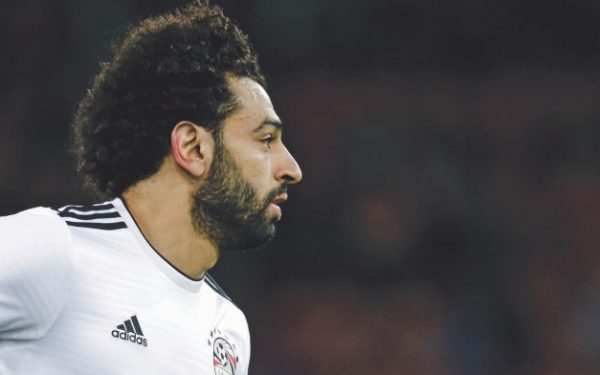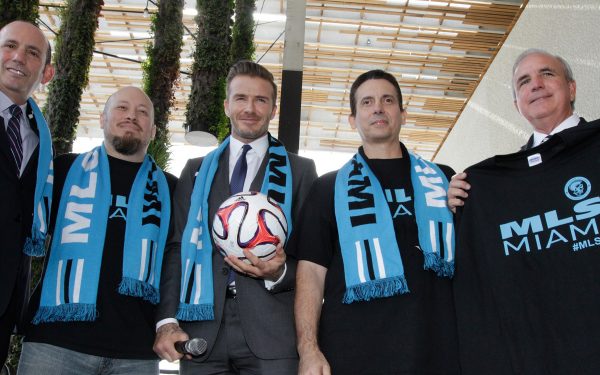As the football seasons in all the major leagues across Europe kick off again in earnest, it’s already become tempting to focus on incredible results, goals and players. Football writer Ben Lyttelton was one of those people. But over the past few years he’s turned his fascination with football into something a lot less passive.
Through his Football School series for children and a “grown up” book about football and leadership, Lyttelton firmly believes that the world’s favourite sport has a lot to teach us about the way we learn, think and manage. “I’m passionate about using football as a source for education and inspiration,” he says. “It’s not just about the goals that are scored.”
His Football School series was written with Alex Bellos (and illustrated by Spike Gerrell) to encourage children to develop a love of reading, a curiosity about the planet and to show that everything is connected.
“If you give kids a subject they’re already passionate about, they’re more likely to read about it,” he explains. “It’s a non-fiction book about football set in a school, but they’re learning at the same time – it’s education by stealth!”
Lyttelton says teachers and parents love the concept: the books explore art through famous kits, science through what it would be like to play football on Mars, history through the formation of the game itself, and so on.
“It’s been so rewarding because it’s genuinely inspired reluctant readers – literacy is a big problem for kids between the ages of eight and 12 because of gaming and other distractions. If they start reading again, it doesn’t just improve their educational performance, it can have benefits for their heart, soul and mentality. There’s a social currency in being able to tell people about the man who taught Ronaldo to sleep!”
Lyttleton himself remembers learning addition and subtraction from studying the goal difference in league tables, his knowledge of geography from the European Cups of the 1970s and 1980s.
“I’ve always known where Zagreb and Hamburg and Bucharest were because I knew those teams in my formative years,” he says. “We don’t realise we’re learning because we’re so passionate about football.”
And the lessons from football don’t stop when you leave school. Two years ago, Lyttelton published Edge: Leadership Secrets From Football’s Top Thinkers. Through interviews with some of the biggest names in the game such as Didier Deschamps and Thomas Tuchel, he realised that a lot of the skills that had taken them to the top could be transferable to everyday life.
“What I found interesting in the research for Edge is that when you get to a certain level in football – and I think this is applicable to any workplace environment – what really makes the difference is your resilience, adaptability, creativity. Understanding how to improve someone’s mentality is the next frontier of performance development.”
Which makes a lot of sense. Effectively, football managers have to gather together a bunch of disparate people, make them work together, gel, and perform to the best of their ability. But what about when they don’t win a trophy? What happens then?
“When I spoke to Thomas Tuchel [now PSG manager, formally coach of Borussia Dortmund] he told me something really interesting about measuring success. When he was in Germany, he was always up against the bigger spending power of Bayern Munich. Usually, Bayern won. But to him, that didn’t mean Dortmund had failed. He was focusing on process rather than outcome, which a lot of football teams don’t do – and we often don’t think about in life, either.
“When I was writing this book I realised that the Tuchel way of looking at the success wasn’t to compare Edge to the bestselling football books, but to be happy that I’d written a really good book. Sometimes, that’s enough.”




